Eight Men Out
and the Black Sox Scandal of 1919
Baseball has had its high and low moments throughout its storied history, but one moment in particular is well known as a black spot in baseball history. This page explores the Black Sox Scandal of 1919 and its depictions in media.
Movie Synopsis
Eight Men Out, produced in 1988 and based on a book by the same name, tells the shocking story of the first real baseball scandal. Also known as the “The Black Sox Scandal”, the movie tells the story of eight members of the Chicago White Sox who conspired to intentionally lose the 1919 World Series in exchange for gambling profits.
Who Wants to Lose?
Generally speaking, no one wants to lose- especially not in the World Series. So why did these men try their best to play badly? Eight Men Out depicts the players’ feeling unappreciated and cheated by the team’s owner Charles Comiskey, and sets up the conspiracy as a type of vigilante justice against the stingy owner who didn’t properly compensate his players. Was this the true reason behind the plan to lose? Or were the players more interested in the money they were being offered by gamblers Bill Burns and Billy Maharg to throw the World Series?
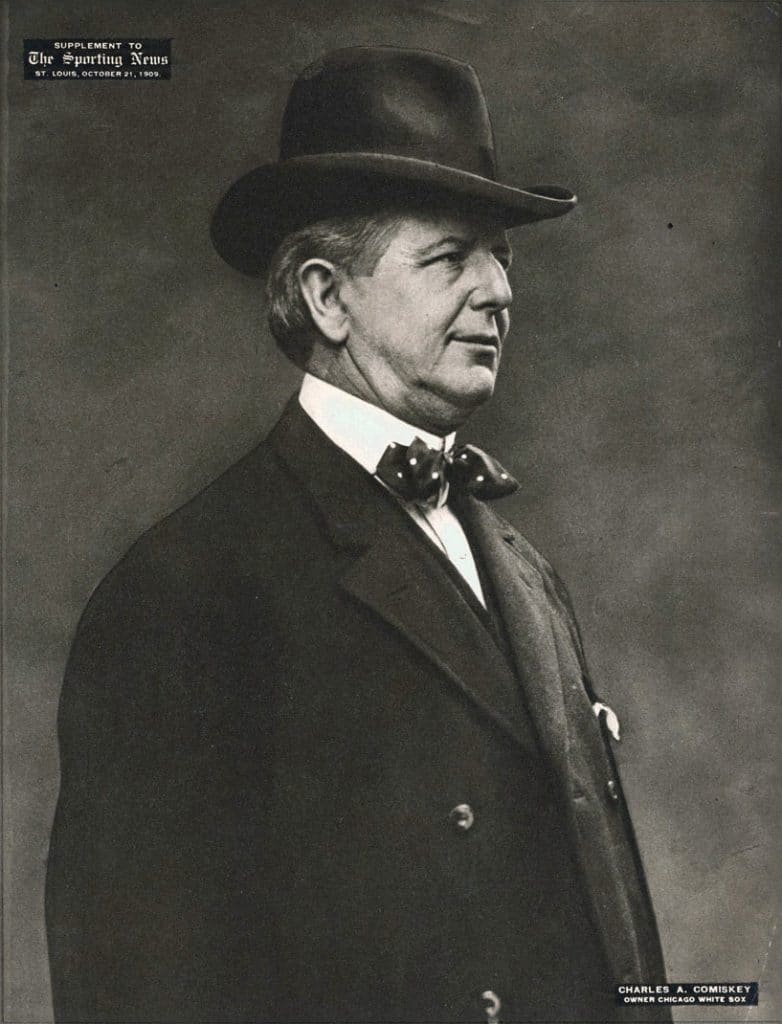
Charles Comiskey was not only the owner of the Chicago White Sox, but one of the founders of the team. He was also greatly involved in forming the American Baseball League. His interest in baseball was more than just financial. Comiskey had his own baseball career as a pitcher and then first baseman for the St. Louis Brown Stockings. As the owner of the Chicago White Sox, Comiskey’s team won five pennants, and Comiskey spent $750,000 to build the Comiskey Park baseball stadium.
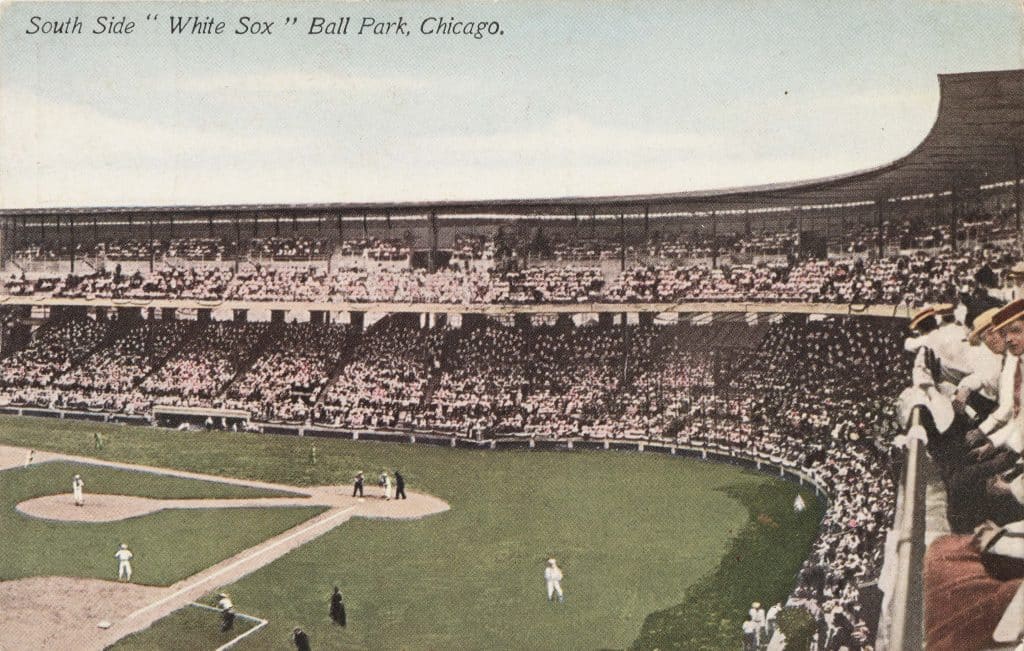
On the other hand, despite clearly having a love for baseball, Comiskey was accused of paying his players substandard wages. How did the White Sox players’ salaries compare to others in the league? According to contract cards and other records held at the National Baseball Hall of Fame in Cooperstown, five members of the Black Sox scandal were actually among the top 20 highest paid players in the American League in 1919. Eddie Cicotte, the pitcher whom the movie focuses on, was paid a base salary in 1919 of $5000 plus a $3000 carry over bonus from the previous season, and was the eighth highest paid player in the American League. Additionally, Cicotte was set to receive a $10,000 bonus payout if he won 30 games, but was benched by Comiskey as this record approached. By comparison, Cincinnati Reds pitcher Dutch Ruether was only paid $2,340. It may be true that Comiskey was trying to avoid giving Cicotte his bonus by benching him, but it was not as though the White Sox players were underpaid – especially not Cicotte. So while Comiskey was not beloved by the team he was the founder-owner of, he was no worse than other owners of his time, and he certainly didn’t pay his players less.
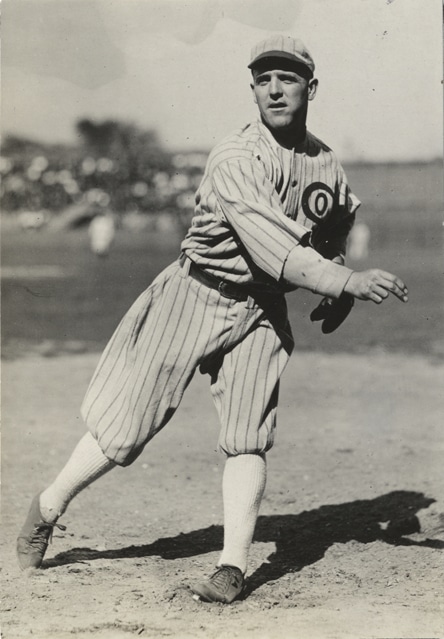
After Effects on Baseball
As portrayed in the movie, although the eight conspiracy participants were tried and acquitted, the scandal shocked the baseball community to its core. Actions were taken to ensure something like the Black Sox Scandal could never happen again. As a direct result of the Black Sox Scandal, a new office called the Commissioner of Baseball was established. Kenesaw Mountain Landis, shown in the movie, was the first person to hold this position, and it was him who banned the eight players from ever again participating in any kind of organized, professional baseball.
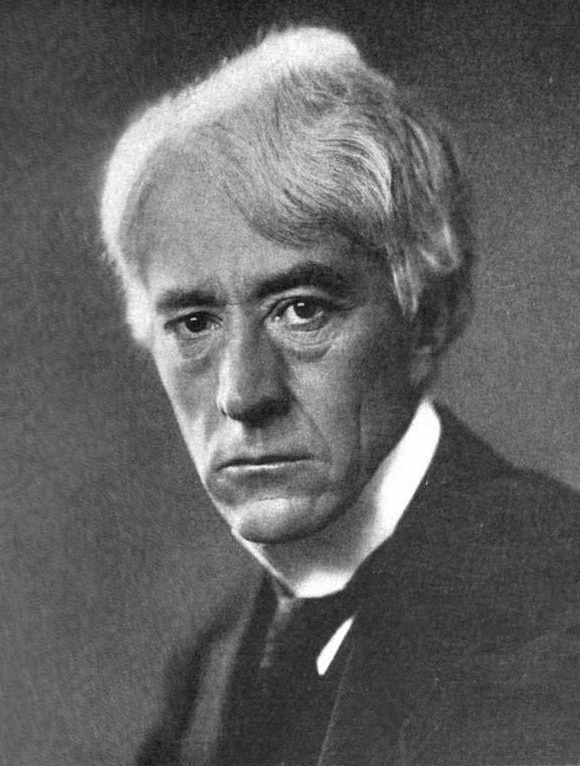
SIDE NOTE: A Canadian Connection
A fun, little known fact surrounding the infamous 1919 World Series is that there is a small connection to Canadian baseball history. Ernie Quigley, born in New Brunswick, Canada, was a National League baseball umpire from 1913 to 1937. Quigley was an umpire for six different World Series, including the 1919 World Series when the Black Sox Scandal occurred. Quigley went on to have an impressive career, officiating baseball, football, basketball, and at the Olympics. Quigley has been inducted into the Basketball Hall of Fame as well as the Canadian Baseball Hall of Fame. Quigley Field, at the University of Kansas, was named after him.
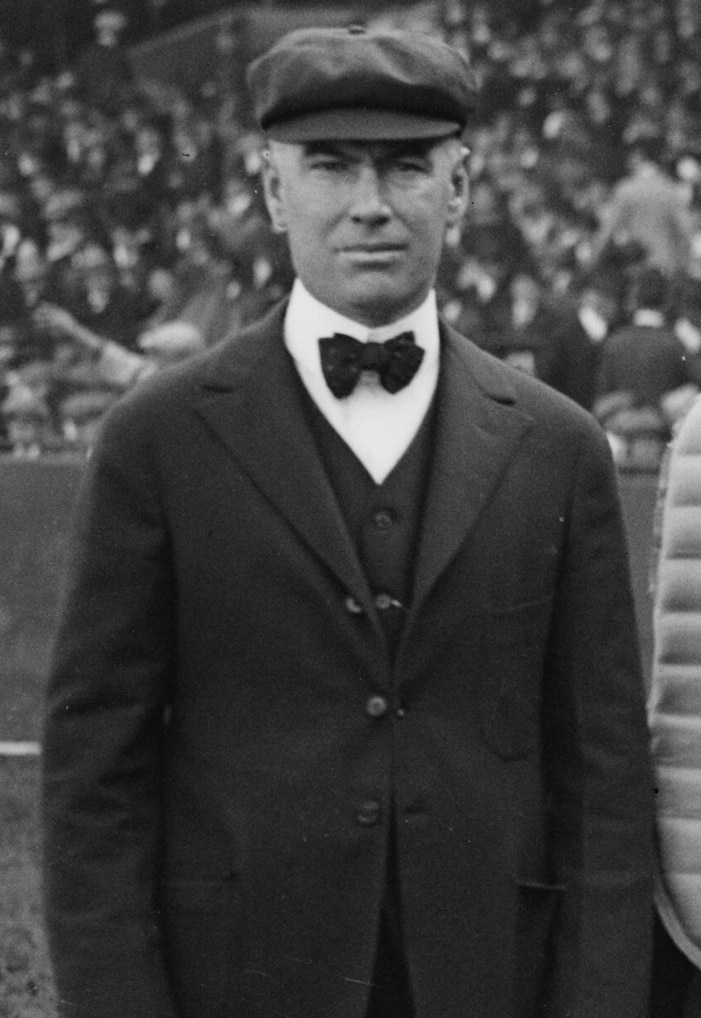
Conclusions
It has been argued that also partially to blame for the Black Sox scandal was the lack of free agency for baseball players at the time. Players didn’t have the ability to switch teams easily or without their current contract holder’s permission, and there were no player’s unions to back them up. So, while money may have been one factor, the power imbalance between players and team owners was certainly another contributing factor to the Black Sox Scandal. Today, players are able to act as free agents, and the Major League Baseball Players Association is a union which represents the interests of players in all 30 Major League Baseball teams. Rules and regulations have come a long way since the 1919 World Series, and the Chicago White Sox have gone on to be in eight more playoffs since, putting the scandal behind them. And although the movie Eight Men Out, was not received overwhelmingly well when it was released, it represents the need to remember incidents of the past so they are not repeated.












